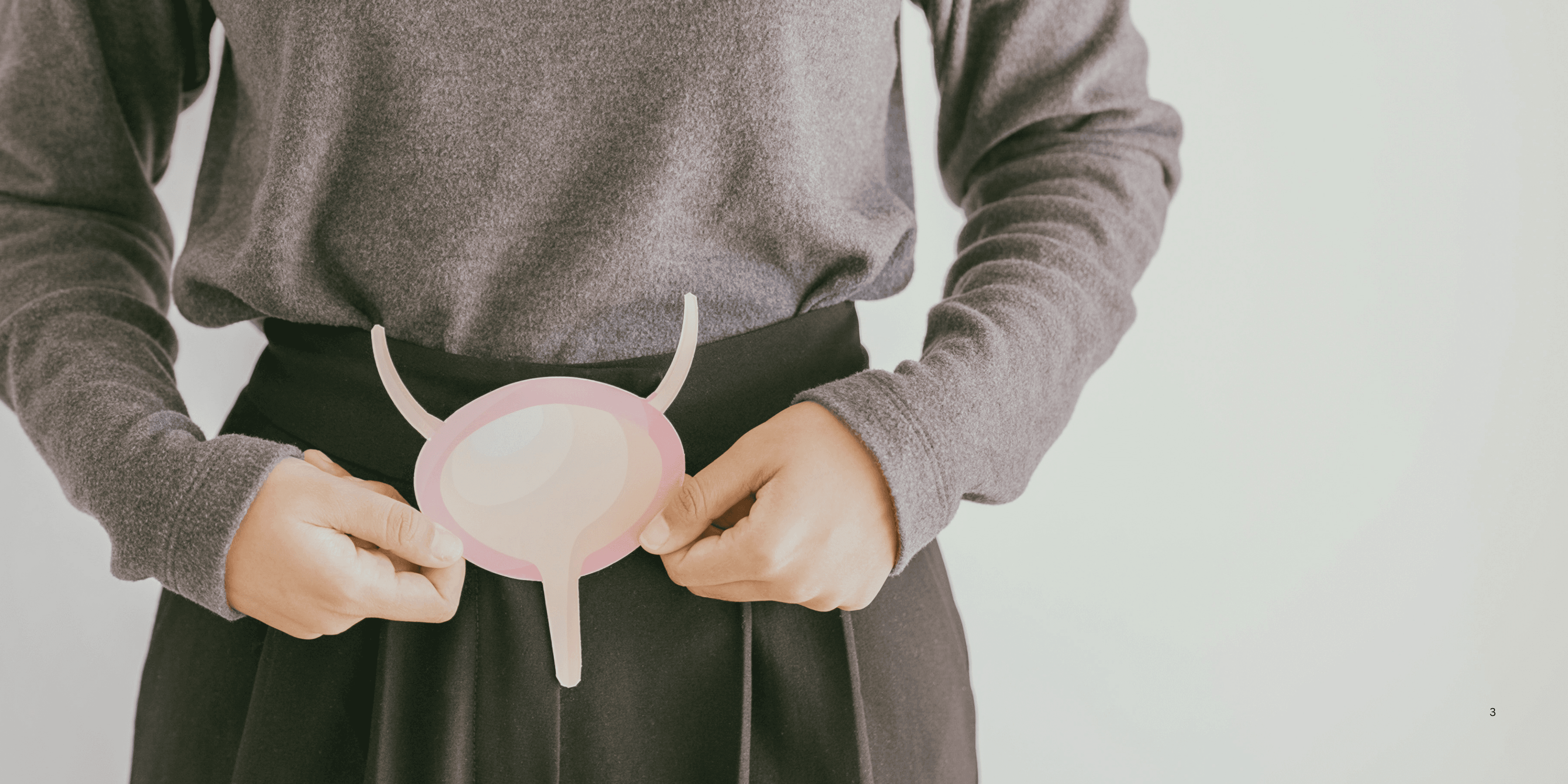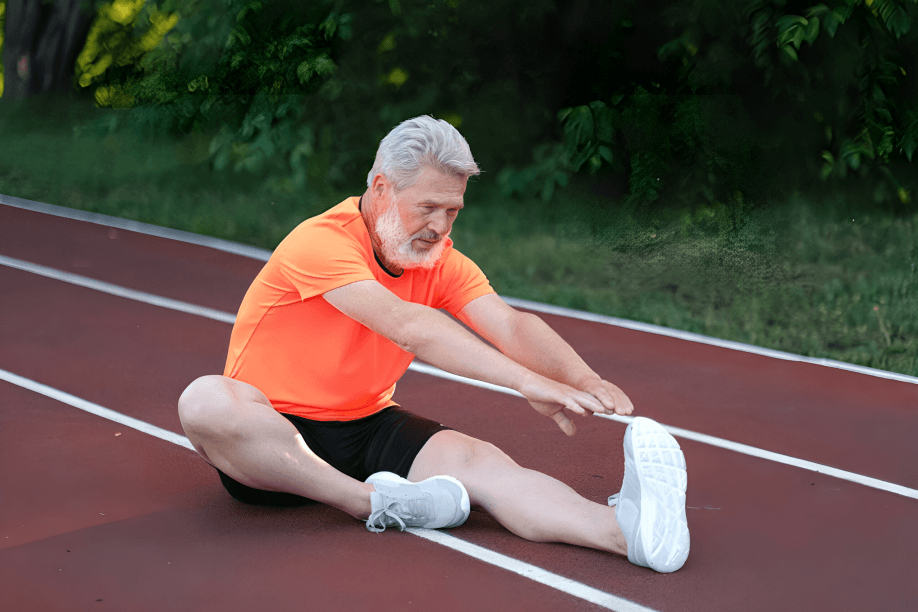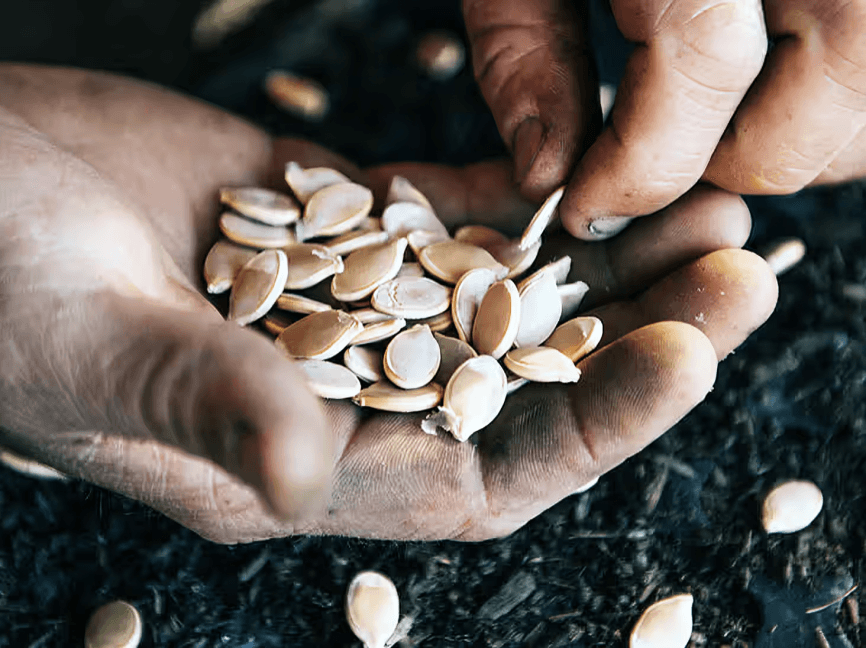
“
Preventing and managing urinary incontinence can affect people of all ages, but it becomes more common as we grow older. While it may feel embarrassing or isolating, the good news is that it's manageable. With the right steps, many cases of bladder leakage can be improved or even prevented. 1
”
Kegel exercises strengthen pelvic floor muscles, which support bladder control. Practicing them daily, even just for five minutes, reduces sudden leaks and builds long-term muscle endurance. 1
Maintaining a healthy body weight eases bladder pressure. Excess abdominal fat can strain pelvic muscles, so moderate exercise and balanced eating can lessen stress incontinence risks. 2

Drinking enough water prevents bladder irritation. Dehydration concentrates urine, worsening urgency. Sipping small amounts throughout the day helps regulate bladder activity and reduce discomfort.
Limiting caffeine and alcohol supports bladder control. Both act as diuretics and bladder irritants, increasing the urge to urinate. Reducing consumption may ease frequent leaks or urgency episodes. 3
Constipation worsens incontinence by adding pressure on the bladder. Eating fiber-rich foods like fruits, vegetables, and whole grains supports regular bowel movements and relieves strain on the urinary system. 4
Smoking weakens bladder control by irritating the bladder and causing chronic coughing. Quitting smoking improves overall health and reduces urge and stress incontinence. 5
Avoiding spicy and acidic foods helps those with sensitive bladders. Ingredients like citrus, tomatoes, and hot peppers can worsen symptoms of urgency or leakage in people with bladder irritation. 6
Wearing absorbent pads or underwear offers peace of mind but should be paired with treatment. Long-term reliance may mask underlying issues that are manageable with the right habits or therapies. 7
Urinating on a schedule—every 2–4 hours—prevents bladder overfilling and accidental leaks. Regular emptying trains the bladder to release at more predictable, less urgent times during the day. 8

Pelvic floor physical therapy helps those struggling with incontinence. Therapists offer personalized routines to target muscle imbalances, leading to improved control and reduced leaks with consistent effort.
Regular low-impact exercises like yoga and walking promote core strength and circulation. A strong core supports pelvic organs and improves bladder control, reducing incontinence risk. 9
Post-menopausal women may experience bladder weakness due to declining estrogen. Vaginal estrogen creams, under medical guidance, can restore tissue tone and lessen dryness that affects urination. 10
Men with prostate issues may experience incontinence. Managing benign prostatic hyperplasia (BPH) through medication or surgery often improves urinary flow and reduces bladder pressure. 11
Drinking most fluids earlier in the day and limiting intake before bed helps reduce nighttime urination. This strategy supports restful sleep and improves confidence in nighttime bladder control. 12
Certain medications may cause incontinence as a side effect. Blood pressure drugs, muscle relaxants, or antidepressants can weaken bladder signals. Always consult your doctor if symptoms begin. 13
Using a bladder diary tracks fluid intake and leakage episodes. This tool helps identify patterns and triggers, making it easier to develop effective management strategies with medical support. 14

Some herbal remedies, like pumpkin seed extract and saw palmetto, may support bladder health. Though not a cure, they’re studied for mild symptom relief—consult a healthcare provider before use.
Long-term bed rest weakens pelvic muscles. If mobility is limited, gentle bed exercises and supervised movement reduce the risks of incontinence caused by muscle weakening. 15
In some cases, surgery, like a bladder sling or artificial sphincter, may help. These options are for severe cases where conservative methods haven't worked, with improved outcomes by specialists. 16
Philosopher Galen once said, “The best physician is also a philosopher.” Managing urinary incontinence isn’t only physical—it’s about mind, body, and habit. Holistic care ensures lasting dignity.17


